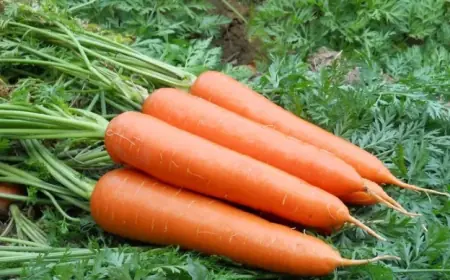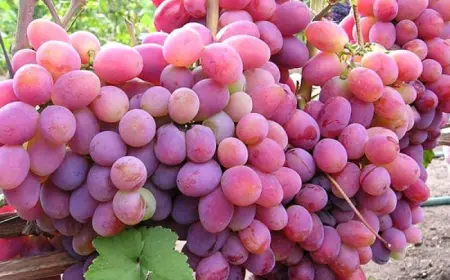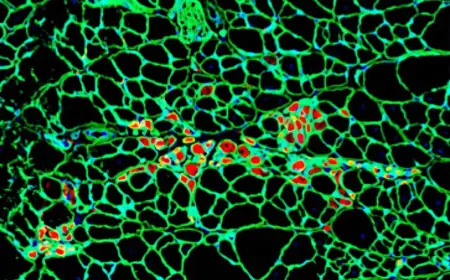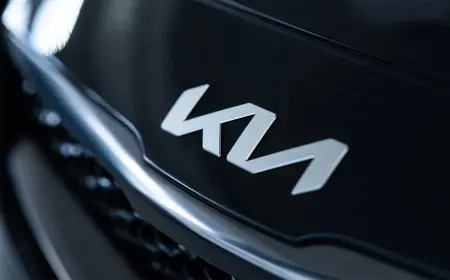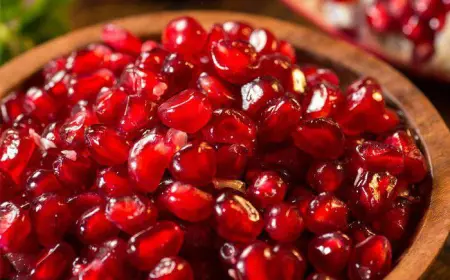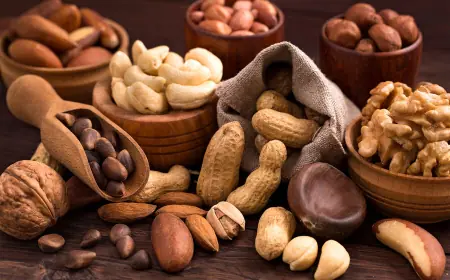American Scientists Develop Natural Compound from Guava to Fight Liver Cancer
American researchers have developed a cost-effective method to synthesize natural compounds found in guava that can inhibit the progression of liver cancer, one of the most dangerous and deadly cancers worldwide. The findings were published in the scientific journal Angewandte Chemie.
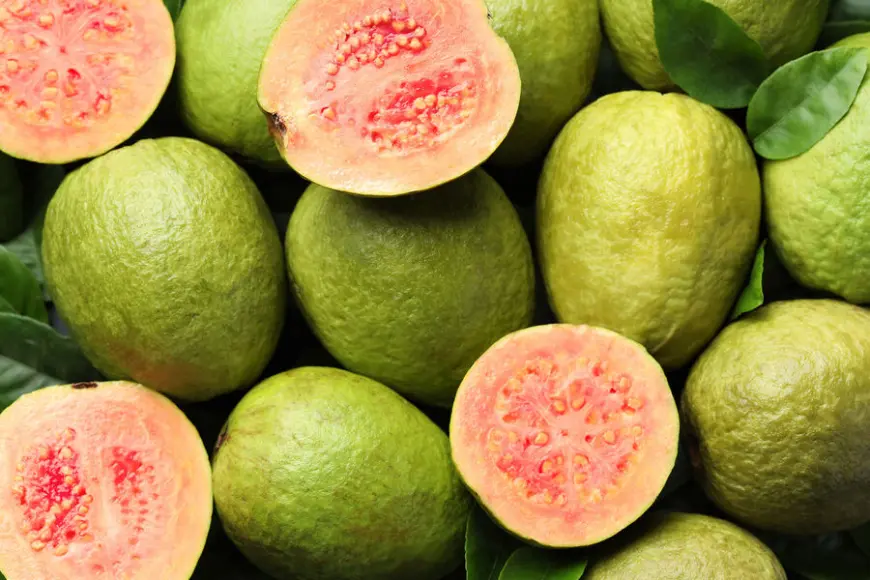
Many modern medications are based on natural substances. For example, willow bark contains salicin, which is converted by the human body into salicylic acid, the base of aspirin. However, producing such natural-based drugs on a large scale is often limited by resource availability.
To address this, a team led by Professor William Chain developed a complete chemical synthesis method for molecules found in guava that show strong anti-cancer activity, especially against liver cancer cells.
The scientists presented a “chemical recipe” that allows the production of these compounds in large quantities from affordable and accessible raw materials.
“Now any researcher can replicate our method and perhaps find an even shorter and more efficient path. We were the first to pave the way,” said Liam O’Grady, a co-author and PhD student.
Why It Matters
In the United States alone, more than 42,000 new cases of liver and bile duct cancer are diagnosed annually, with over 30,000 deaths. The five-year survival rate for advanced stages is below 15%, and chemotherapy treatments cost the healthcare system billions of dollars.
This breakthrough opens the door to the development of affordable cancer treatments that are both effective and accessible.
The researchers are now collaborating with the U.S. National Cancer Institute to test the effectiveness of these synthesized molecules against other types of cancer as well.





